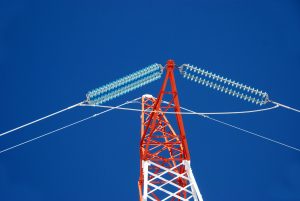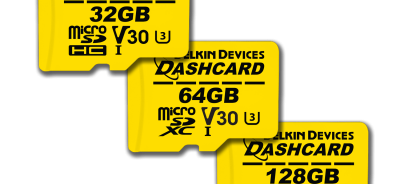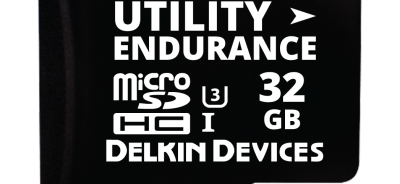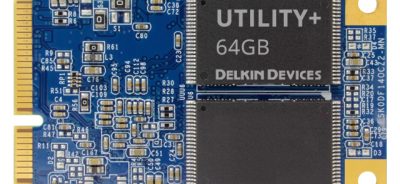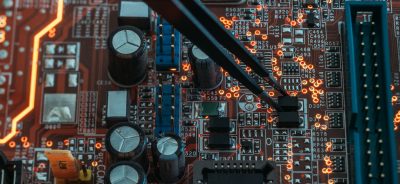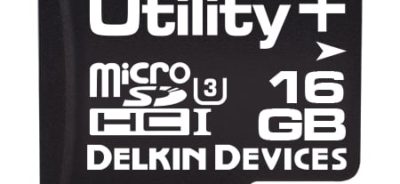Power Failures and Flash Storage: What You Need to Know
Since SSDs have moved away from RAM in favor of Flash storage, engineers often ask about how Flash operates during power failures in regards to data loss or corruption. After all, with applications as critical as transportation, aerospace, and medical equipment, data loss is simply not an option. Fortunately, industrial grade Flash storage can provide the reliability necessary for these systems, even in the face of power failures, thanks to rugged operating environment tolerance. Here is what engineers need to know.
Most questions about Flash involve retroactive data corruption with MLC Flash cards.
During power failures, data corruption can occur in program operations written to MLC chips. Because MLC cells contain more than one bit of data each, and each bit of data is part of a different NAND page, corruption can occur when the power failure happens during the operation of one bit of the MLC cell when the first bit in that cell has already completed the operation successfully. The loss of power during the operation of the second bit can lead to significant retroactive corruption of the first bit, with corruption rates reaching as high as 25%.
Data corruption can also occur over time when power outages are frequent. When program operations are interrupted repeatedly, these programs are more likely to experience data decay. Long-term data corruption issues can occur even after a program has seemingly survived a power loss without any errors.
Industrial grade Flash storage cards offer greater stability.
Although it should be noted that much of the research into the impact of power failures on Flash storage simulate more frequent and lengthier periods of power loss than most applications are ever likely to face, there is no room for error in fields such as power, transportation, and healthcare. The solution for industries with critical applications is industrial grade Flash storage.
Industrial grade Flash storage devices use SLC chips, with a single bit of data stored in each cell. This reduces the risk of corruption should a power failure happen mid-operation. Industrial solutions can also tolerate low power supplies and have built-in protection from data loss when power downs occur during writes. The ability of industrial grade Flash to protect critical applications from disruption is the reason it has become the standard across so many fields.
Delkin is ready to address your concerns about power failures with Flash storage and help you select the appropriate solution for your business. You can visit our website to find the technical specs for our storage products.
 Login
Login Register
Register


